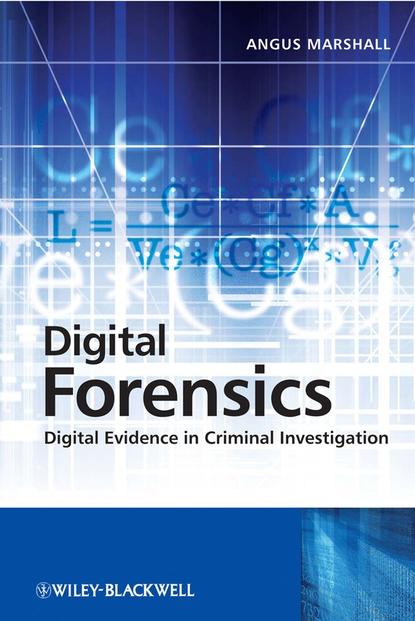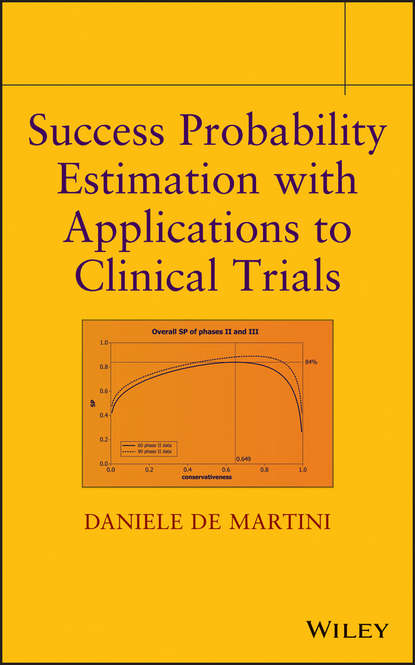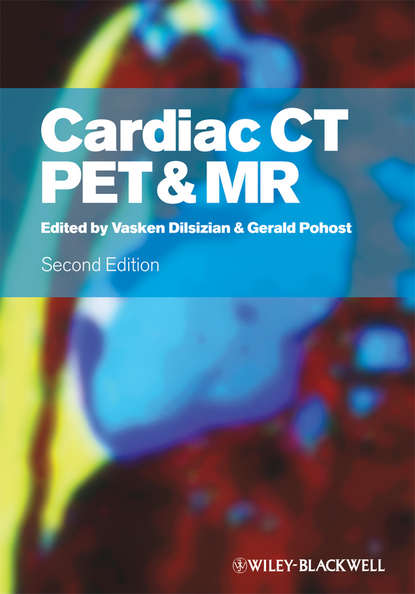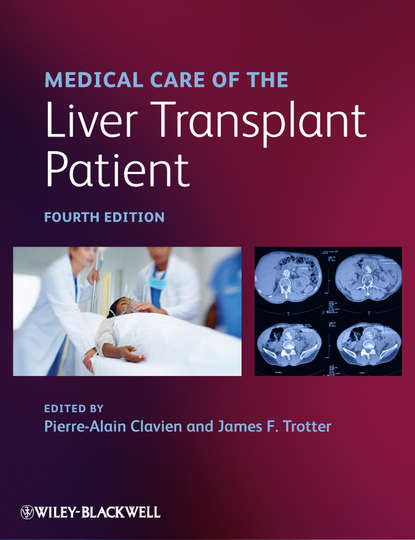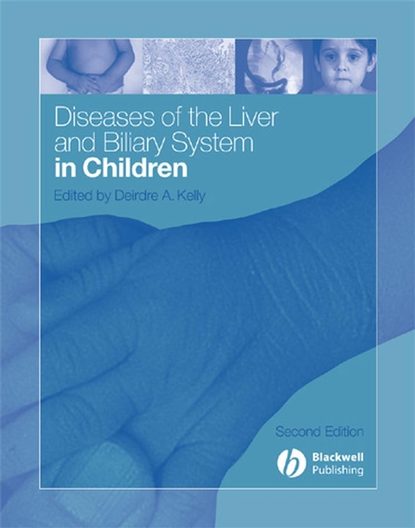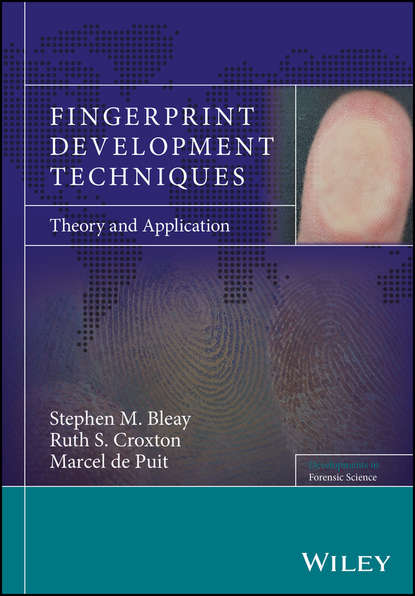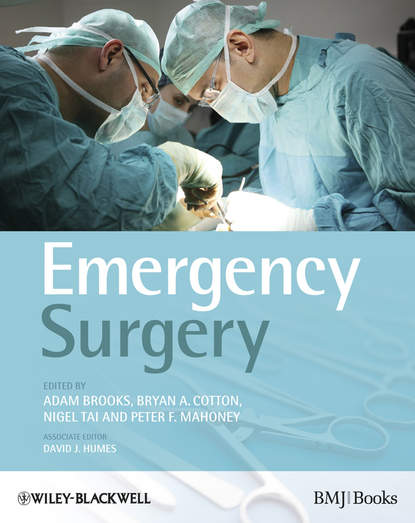Книга "Цифровая криминалистика. Цифровые доказательства в уголовных расследованиях" посвящена теме цифровых доказательств, которые играют все более значимую роль в современных уголовных расследованиях. Авторы книги представляют цифровые доказательства как дополнение к "традиционным" научным доказательствам и рассматривают, как их можно использовать более эффективно и эффективно в различных расследованиях. Они также рассматривают роль и характер цифровых устройств в обществе и, следовательно, в совершении преступлений. Книга освещает вопросы, связанные с надежностью и полезностью данных, которые могут быть восстановлены из различных устройств, а также предлагает методы оценки и приоритезации источников доказательств. Книга содержит многочисленные примеры из реальных судебных дел и тестовые вопросы для улучшения понимания материала. Это ценный учебник для студентов, изучающих криминалистику, а также для профессиональных криминалистов и юристов, работающих в области цифровой криминалистики.
Электронная Книга «Digital Forensics. Digital Evidence in Criminal Investigations» написана автором Angus Marshall McKenzie в году.
Минимальный возраст читателя: 0
Язык: Английский
ISBN: 9780470714423
Описание книги от Angus Marshall McKenzie
The vast majority of modern criminal investigations involve some element of digital evidence, from mobile phones, computers, CCTV and other devices. Digital Forensics: Digital Evidence in Criminal Investigations provides the reader with a better understanding of how digital evidence complements “traditional” scientific evidence and examines how it can be used more effectively and efficiently in a range of investigations. Taking a new approach to the topic, this book presents digital evidence as an adjunct to other types of evidence and discusses how it can be deployed effectively in support of investigations. The book provides investigators/SSMs/other managers with sufficient contextual and technical information to be able to make more effective use of digital evidence sources in support of a range of investigations. In particular, it considers the roles played by digital devices in society and hence in criminal activities. From this, it examines the role and nature of evidential data which may be recoverable from a range of devices, considering issues relating to reliability and usefulness of those data. Includes worked case examples, test questions and review quizzes to enhance student understanding Solutions provided in an accompanying website Includes numerous case studies throughout to highlight how digital evidence is handled at the crime scene and what can happen when procedures are carried out incorrectly Considers digital evidence in a broader context alongside other scientific evidence Discusses the role of digital devices in criminal activities and provides methods for the evaluation and prioritizing of evidence sources Includes discussion of the issues surrounding modern digital evidence examinations, for example; volume of material and its complexity Clear overview of all types of digital evidence Digital Forensics: Digital Evidence in Criminal Investigations is an invaluable text for undergraduate students taking either general forensic science courses where digital forensics may be a module or a dedicated computer/digital forensics degree course. The book is also a useful overview of the subject for postgraduate students and forensic practitioners.
